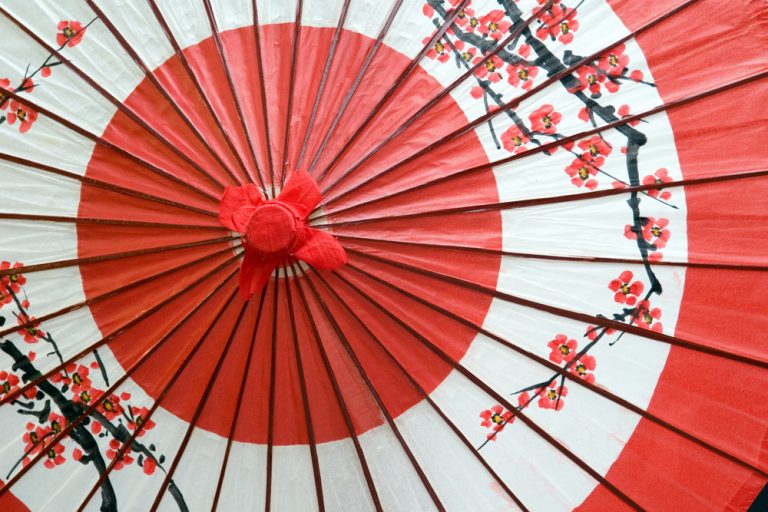Anecdote 15: どっちの道? (Which Path?)
登山に行った。山の上の景色を見たかった。途中、道が二つあった。どっちに行く?左?右?
スマホを見た。道の外側に岩が多い。でも、内側は暗くてこわい。友達が「内側の道に行こう!」と言った。「でも…」と思った。でも、行くしかない!
内側を歩いた。でも、すぐに後悔した!道が狭くて、暗い。「やっぱり、外側の方がよかった!」どうやって安全に歩けばいい?そう考えながら、頑張って歩いた。
最後、景色を見た時、「すごい!」と思った。
写真を撮ろうと思ったけど、「この景色は写真になくてもいい!」と思った。やっぱり、自分の目で見るのが一番!帰る前に、友達が「次は外側の道にしよう!」と言った。「でも、今度はランプを持って行かなくてはいけないね!」皆んな笑った。
Grammar Used:
- どっち (which one?)
- しかない (no choice but to go)
- どうやって
- なくてもいい
- なくてはいけない
どっち
Meaning: Which one? / Which way? (Used to ask or indicate choice between two options)
Formation:
- どっち (Casual) → Which one?
- どっちが + Adjective? → Which one is ~?
- どっちも + Negative Verb → Neither ~
Examples:
この二つ、どっちが好き?
(Which one do you like between these two?)
右と左、どっちに行く?
(Which way do we go, right or left?)
Sentence from Anecdote:
❝左?右?どっちがいい?❞
(Left? Right? Which one is better?)
Notes:
- More casual than どちら, which is polite.
- どっちでもいい means “Either is fine.”
しかない
Meaning: No choice but to do ~ (Expresses necessity or inevitability)
Formation:
- Verb (dictionary form) + しかない → No choice but to do ~
- Noun + しかない → There’s nothing except ~
Examples:
この電車は終電だ!乗るしかない!
(This is the last train! I have no choice but to take it!)
お金が100円しかない。
(I only have 100 yen.)
Sentence from Anecdote:
❝でも、行くしかない!❞
(But I have no choice but to go!)
Notes:
- Stronger than just saying “must do”, since it implies there is no other option.
- Different from なければならない, which means “must do” but without the nuance of “no other choice.”
どうやって
Meaning: How; In what way (Used to ask or describe a method or way of doing something)
Formation:
- どうやって + Verb → How do you ~?
Examples:
どうやって日本語を勉強しますか?
(How do you study Japanese?)
どうやって学校に行きますか?
(How do you go to school?)
この問題、どうやって解くの?
(How do you solve this problem?)
Sentence from Anecdote:
❝ どうやって安全に歩けばいい?❞
(How should I walk safely?)
Notes:
- Common in questions when asking for an explanation or method.
- Can be used by itself (どうやって? → “How?”).
なくてもいい
Meaning: Don’t have to ~; It’s okay not to ~ (Expresses that something isn’t necessary)
Formation:
- Verb (ない-form, drop い) + くてもいい → It’s okay not to ~ / Don’t have to ~
Examples:
明日は休みだから、早く起きなくてもいい。
(Tomorrow is a holiday, so I don’t have to wake up early.)
全部食べなくてもいいですよ。
(You don’t have to eat everything.)
この書類は書かなくてもいいですか?
(Is it okay if I don’t write this document?)
Sentence from Anecdote:
❝ この景色は写真になくてもいい! ❞
(This scenery doesn’t need to be in a photo!)
Notes:
- Opposite of なくてはいけない (must do).
- Softer and less strict than ~なくても大丈夫 (It’s fine if you don’t ~).
なくてはいけない
Meaning: Must do ~; Have to do ~ (Indicates necessity or obligation)
Formation:
- Verb (ない-form, drop い) + くてはいけない → Must do ~ / Have to do ~
- Noun + でなくてはいけない → Must be ~
Examples:
朝、会社に行かなくてはいけない。
(I must go to work in the morning.)
試験に合格するために、勉強しなくてはいけません。
(To pass the exam, I have to study.)
パスポートは自分の名前でなくてはいけません。
(The passport must have your own name.)
Sentence from Anecdote:
❝ 今度はランプを持って行かなくてはいけないね! ❞
(Next time, we must bring a lamp!)
Notes:
- More formal than なきゃ or ないといけない, which are more casual.
- Similar to なければならない, which is also used for obligations.


